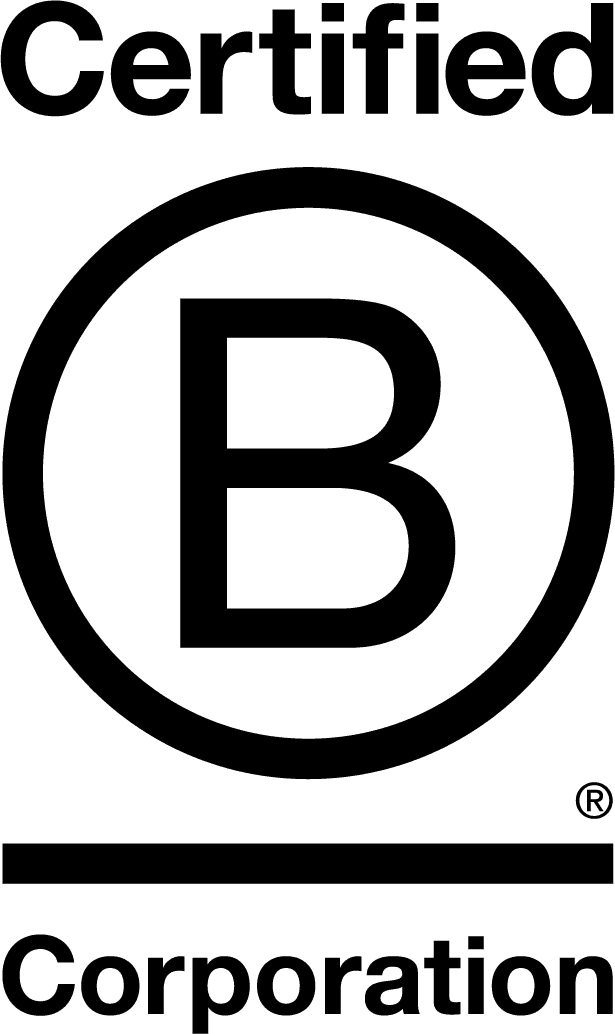

Matrix Telematics Limited

1.6
Cheshire West and Chester, United Kingdom
November 2024
Electrical equipment
Wholesale/Retail
United Kingdom
Matrix iQ is a leading provider of intelligent fleet and asset management solutions, harnessing cutting-edge technology to enhance safety, efficiency, and sustainability. Specialising in telematics, data analytics, and AI-powered insights, we empower businesses to make informed decisions that drive operational success while reducing environmental impact. At Matrix iQ, we recognise that innovation and responsibility go hand in hand. Our solutions help organisations lower carbon emissions, optimise fuel consumption, and improve road safety, directly contributing to a more sustainable and ethical transportation industry. Through our advanced tracking and reporting capabilities, we enable clients to monitor and reduce their carbon footprint, aligning with global efforts toward Net Zero goals. Beyond technology, our commitment to people and the planet is embedded in everything we do. We actively foster a culture of inclusion, collaboration, and continuous learning, ensuring that our employees, partners, and customers all benefit from a fair and supportive ecosystem. Our business practices prioritise ethical supply chain management, data protection, and community engagement, reinforcing our dedication to responsible corporate stewardship. As we continue to evolve, we remain steadfast i
Overall B Impact Score
Governance 17.7
Governance evaluates a company's overall mission, engagement around its social/environmental impact, ethics, and transparency. This section also evaluates the ability of a company to protect their mission and formally consider stakeholders in decision making through their corporate structure (e.g. benefit corporation) or corporate governing documents.
What is this? A company with an Impact Business Model is intentionally designed to create a specific positive outcome for one of its stakeholders - such as workers, community, environment, or customers.
Workers 27.1
Workers evaluates a company’s contributions to its employees’ financial security, health & safety, wellness, career development, and engagement & satisfaction. In addition, this section recognizes business models designed to benefit workers, such as companies that are at least 40% owned by non-executive employees and those that have workforce development programs to support individuals with barriers to employment.
Community 16.6
Community evaluates a company’s engagement with and impact on the communities in which it operates, hires from, and sources from. Topics include diversity, equity & inclusion, economic impact, civic engagement, charitable giving, and supply chain management. In addition, this section recognizes business models that are designed to address specific community-oriented problems, such as poverty alleviation through fair trade sourcing or distribution via microenterprises, producer cooperative models, locally focused economic development, and formal charitable giving commitments.
Environment 17.2
Environment evaluates a company’s overall environmental management practices as well as its impact on the air, climate, water, land, and biodiversity. This includes the direct impact of a company’s operations and, when applicable its supply chain and distribution channels. This section also recognizes companies with environmentally innovative production processes and those that sell products or services that have a positive environmental impact. Some examples might include products and services that create renewable energy, reduce consumption or waste, conserve land or wildlife, provide less toxic alternatives to the market, or educate people about environmental problems.
Customers 3.2
Customers evaluates a company’s stewardship of its customers through the quality of its products and services, ethical marketing, data privacy and security, and feedback channels. In addition, this section recognizes products or services that are designed to address a particular social problem for or through its customers, such as health or educational products, arts & media products, serving underserved customers/clients, and services that improve the social impact of other businesses or organizations.